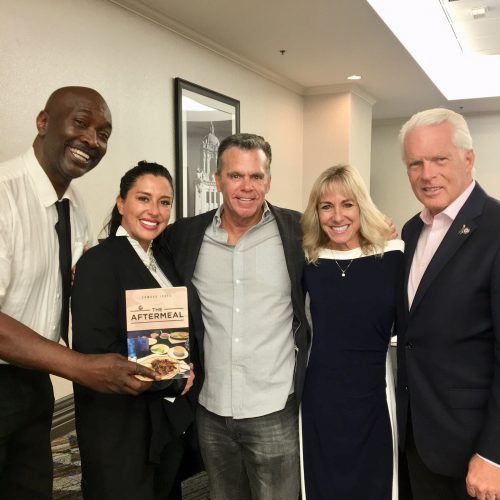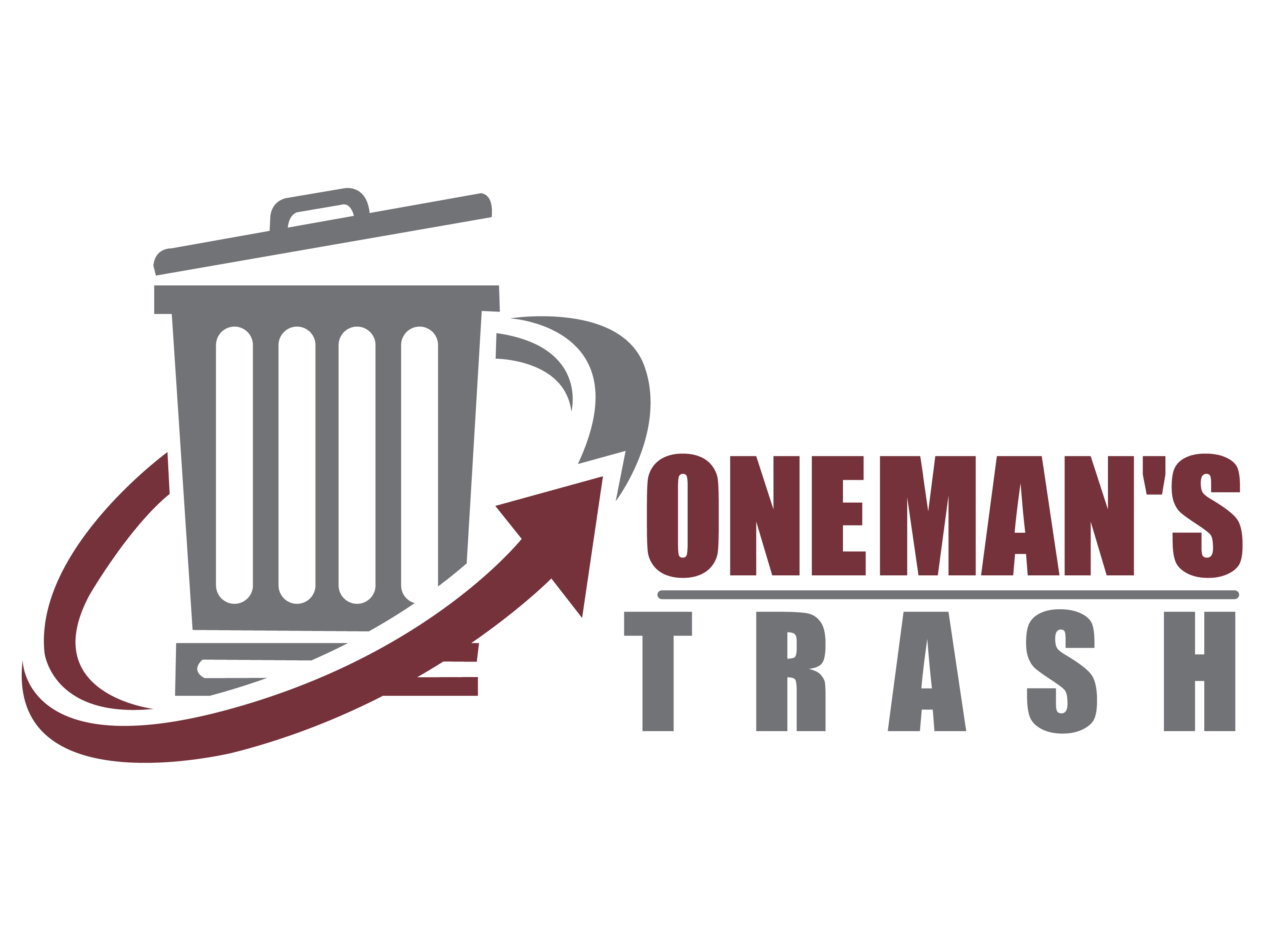
Nurturing Nature
In life, we are called to many things. Edward David Jones or “Farmer Jones” ended up in a field and a position that is so crucial to our way of life.
A lifelong animal lover, Jones has always had a passion for nature. As a child, he raised many baby birds, who would then follow him to school. But Jones didn’t start out at Ivory Farms—in fact, it was only after 30 years of computer software work in the Bay Area that Jones decided he wanted a way for his two and a half acre farm to support itself.
His friend, Dawn Dalyce was a UC Davis Master Gardener, and suggested that Jones take the Master Gardener classes himself to learn to farm rabbits and composting worms. Jones did so, and it was then that Ivory Farms—named for his beloved mother—was born.
Ivory Farms started with Flemish Giant rabbits, guinea pigs, chickens and pigeons. The rabbit and guinea pig manure was ideal for mixing with carbons like cardboard, paper, leaves, kitchen scraps, and yard waste to raise composting worms.
The composting worms in turn make worm castings that David turns into worm tea—a component that gardeners and hydroponic stores treasure. He also supplies animals for petting zoos, and worm bins to big businesses like the Seaquest Aquarium chain.
In addition to supplying zoos and businesses, Jones has also provided pets to households. Flemish Giant Rabbits turned out to be ideal pets,and people will drive hundreds of miles to get one or two.
Together, David and Dawn raise plants for an annual plant sale as well as rescue and keep bees—with the help of a few pest control companies who care enough to donate swarms instead of killing them. As well as taking in and sparing bees, the farm also keeps attracting cats. Ivory Farms works with Stanislaus Cat Network to get the cats spayed and neutered, and collect kittens that they hide around. They strive to find great homes for them—so if you need a pet cat or a barn cat, make sure to reach out!
These days, Jones raises around 10 to 15 litters of Flemish Giant rabbits per year, letting them roam around in large dog kennel runs so they have plenty of room to hop and be happy.
He also makes a point of raising them on concrete floors to keep their nails trimmed and prevent digging, which prepares them to be good house pets.
Jones makes a special point of caring for his animals. The rabbits, for example, get Templeton high protein rabbit food, mixed in with Jones’ special improvements such as calf manna, dried mulberry leaves with mulberries, and a variety of healthy native plants. They also are fed grass hay and fresh greens daily. And those looking for that perfect blend of healthy food are able to purchase the specially-mixed offerings that include dry mulberry branches for the rabbits to chew to maintain their teeth.
But it’s certainly not just rabbits and worms here. If you visit Ivory Farms—and we recommend that you do—you’ll see a massive, 20-square foot chicken coop with a half dozen egg-laying hens, a few ducks, and a couple of roosters. By far the most exquisite plumage belongs to the blue peacocks that strut around the farms and fan their glorious tails.
In 2018, as a testament to Jones’ concern for the environment, Jones added a herd of goats after the devastating California wildfires. Goats not only provide cool manure for the worms—they also eat up brush, weeds, grass, and low tree limbs to aid in preventing wildfires. To protect the goats, there are livestock guardian dogs, like great pyrenees and akbash dogs, who live in the fields with the herd.
Ivory Farms is run by David Jones as part of his One Man’s Trash, Other Man’s Treasure group. Jones is committed to an environmentalist mission, and utilizes Ivory Farms to connect with people and introduce them to important environmental problems that they might not otherwise consider.
Jones wrote a book about recycling and saving our environment called The Aftermeal, and has now started a nonprofit organization that teaches at schools and online about Making Earth Great Again – Recycling. The board of directors continues to expand nonprofit projects like collecting cardboard, and restaurant and dairy waste and expanding the worm composting to ease the burden of garbage for our county. He even patented his own ice-to-gray-water recycling machine called the Water Reclamation Cannister to sell to restaurants , schools, and hospitals.
For more information about playing your own part in nurturing nature, visit http://www.omtsystem.org.
